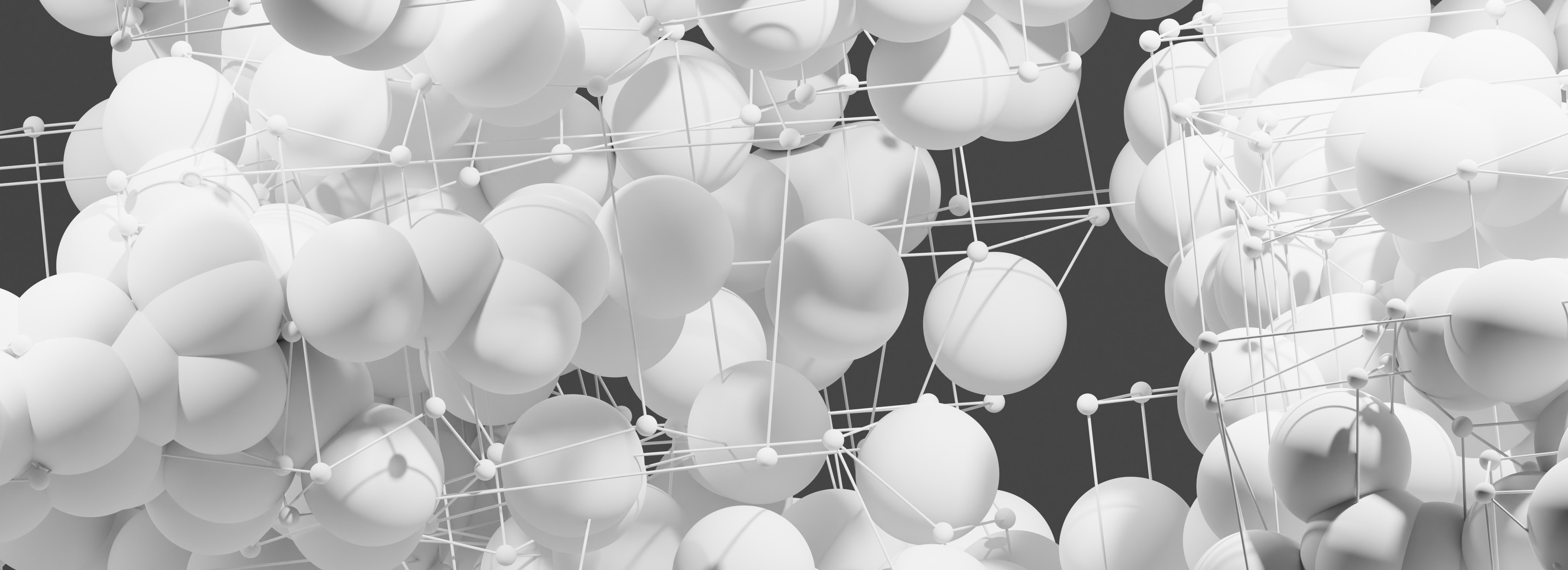
DESCRIPTION
Shape classification is one of the most important tasks in computer vision as demonstrated by the large body of work dealing with 3D shape analysis. Recent advances in 3D data acquisition as well as the availability of large 3D repositories have been instrumental in the design of new and more efficient algorithms for shape classification. 3D shapes may be represented by graphs and consequently, graph techniques may be strongly useful for their classification. In the GRADIENT project, we address the problem of 3D protein deformable shapes classification. Proteins are macromolecules characterized by deformable and complex shapes which are linked to their function making their classification an important task namely for drug discovery and disease characterization. Protein shapes can be standardly and robustly generated from their high-resolution 3D structures available in the Protein Data Bank. Their conformational space can be sampled using molecular dynamics simulations. In the GRADIENT project, proteins are assimilated to 3D dynamic deformable objects and their surfaces are represented by graphs, such as triangular tessellations or meshes. Since molecular dynamics can be used to efficiently sample the trajectories of molecular 3D objects, they constitute a perfect case of study for dynamic graph matching... see more
NEWS AND EVENTS
Announcement
|
Meeting
Meeting to Evaluate partner progress and schedule upcoming services and deliverables deliverables on December 16 and 17, 2025... see more
Announcement
|
Meeting
Meeting to discuss partner progress future services, and next deliverables on May 13 and 14, 2025... see more
Announcement
|
Meeting
Quarterly meeting to discuss partner progress on January 9 and 10, 2025... see more
Platform’s architecture
|
Meeting
Discuss platform’s architecture, future services, and next deliverables on July 25, 2023... see more
Postdoc Position
|
Job offer
Platform’s architecture, future services, and next deliverables on July 25, 2023... see more
Kick-off GRADIENT Project
|
Meeting
Kick-off meeting on February 1, 2023 in Lyon... see more
Kick-off ANR Projects 2023
|
Meeting
ANR projects 2023 kick-off meeting on January 5, 2023 in Paris... see more
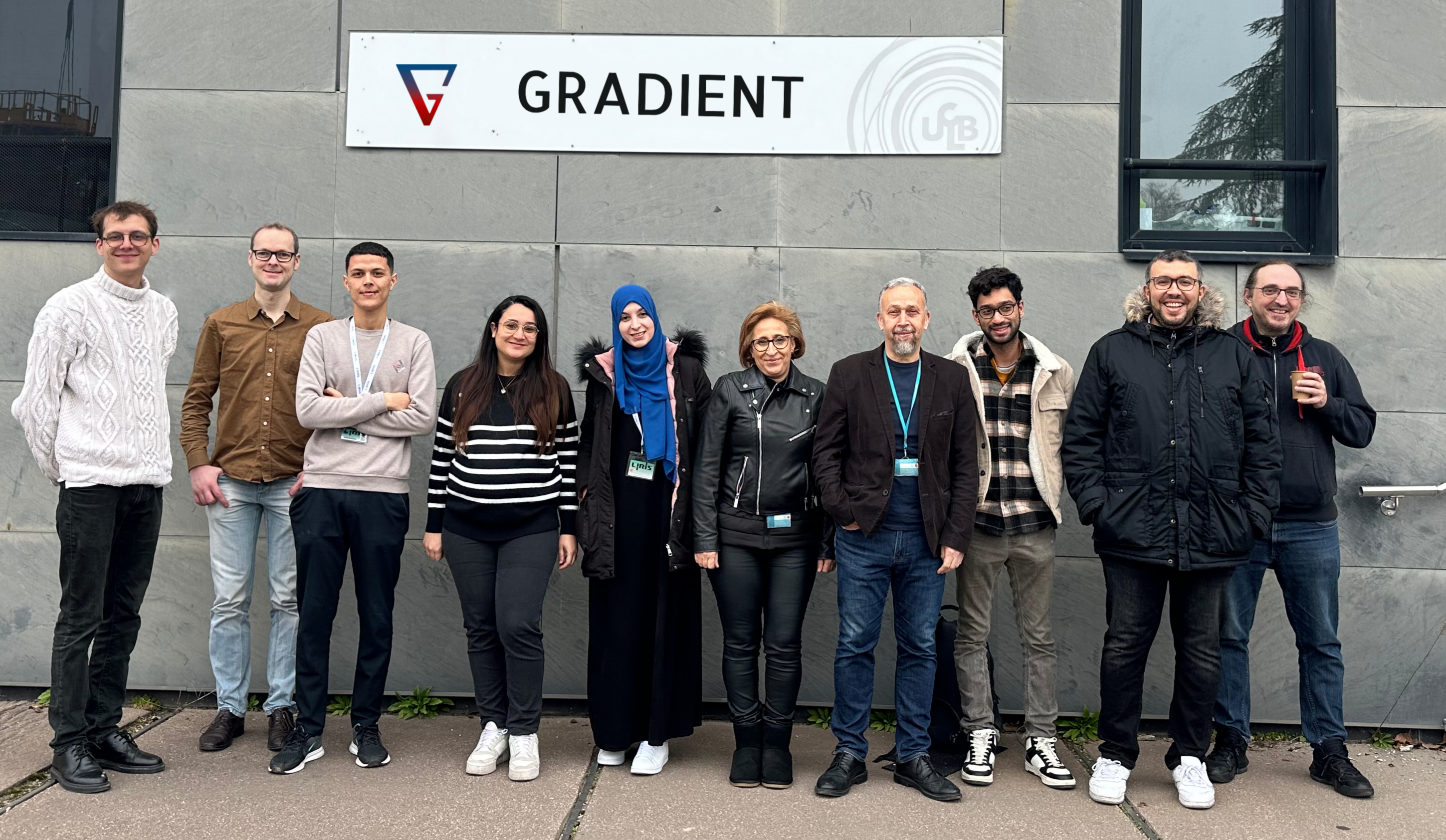
OUR PARTNERS
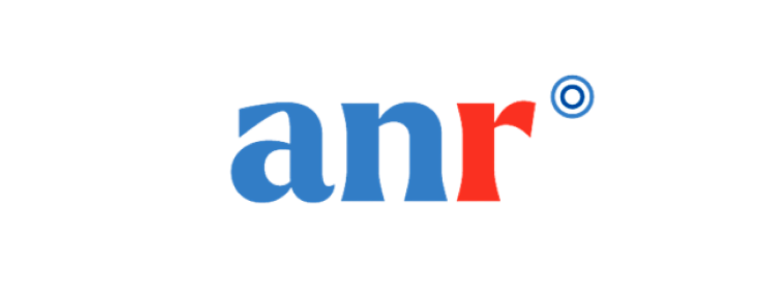 The French National Research Agency (ANR) is a public administrative institution under the authority of the French Ministry of Higher Education, Research and Innovation. The agency funds project-based research carried out by public operators... see more
The French National Research Agency (ANR) is a public administrative institution under the authority of the French Ministry of Higher Education, Research and Innovation. The agency funds project-based research carried out by public operators... see more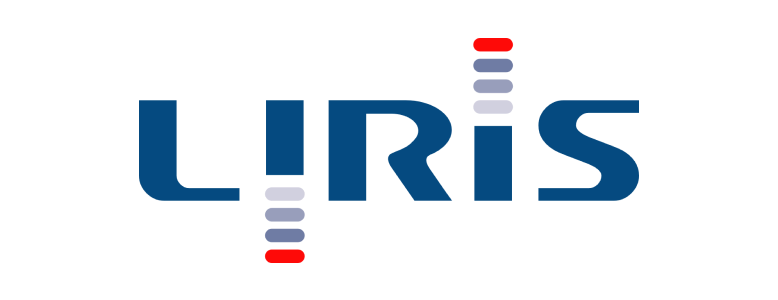 The « Laboratoire d’InfoRmatique en Image et Systèmes d’information » (LIRIS) is a joined research unit (UMR 5205) backed by the CNRS, INSA Lyon, University Claude Bernard Lyon, University Lumière and Ecole Centrale de Lyon... see more
The « Laboratoire d’InfoRmatique en Image et Systèmes d’information » (LIRIS) is a joined research unit (UMR 5205) backed by the CNRS, INSA Lyon, University Claude Bernard Lyon, University Lumière and Ecole Centrale de Lyon... see more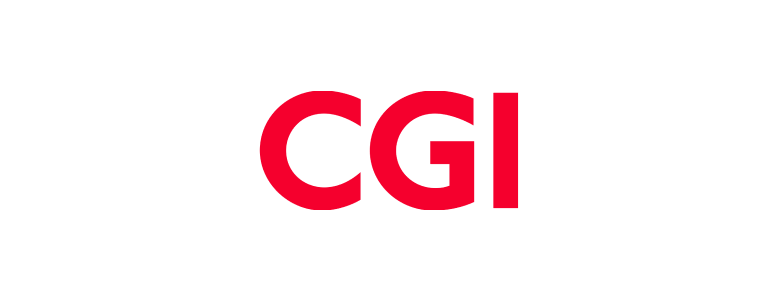 CGI Inc. is a Canadian multinational information technology consulting and systems integration company. Services provided by CGI include application services, business consulting, business process services, and systems integration services, among others... see more
CGI Inc. is a Canadian multinational information technology consulting and systems integration company. Services provided by CGI include application services, business consulting, business process services, and systems integration services, among others... see more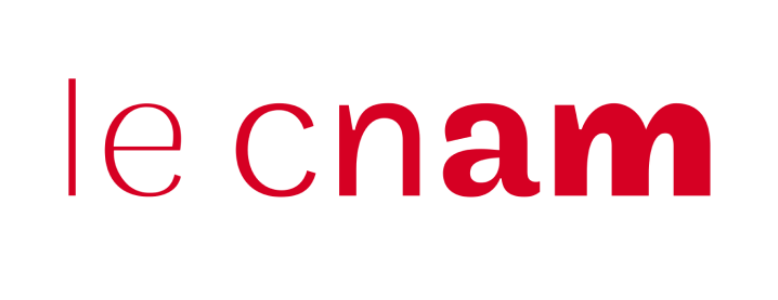 The « Conservatoire National des Arts et Métiers » (CNAM) is a French public higher education institution and national research centre. CNAM provides education and conduct research for the promotion of science and industry... see more
The « Conservatoire National des Arts et Métiers » (CNAM) is a French public higher education institution and national research centre. CNAM provides education and conduct research for the promotion of science and industry... see more